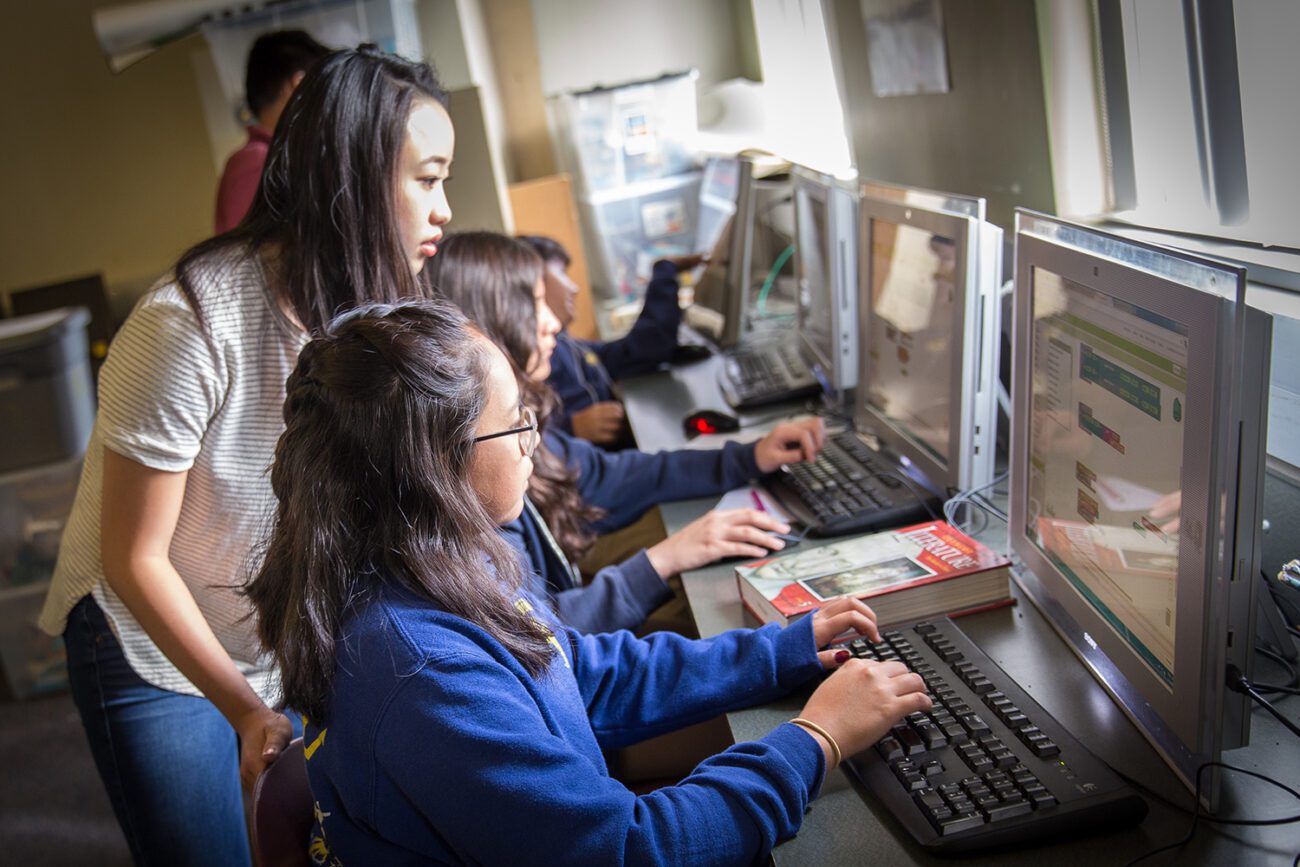Thinking on Your Own – Part 3: Coding (Activities to Build Reasoning, Problem Solving and Critical Thinking Skills)

This is the third of a five part blog series in which we're reviewing educational activities that should be introduced (and strongly emphasized) for paradigm shifting increases in reasoning, problem solving and critical thinking skills. We covered Chess and Complex Board Games in part one. We covered Speech and Debate in part two. Today we're covering the benefits of Coding - Learning to Code and Studying Computer Science. We’ll also be covering Building Toys to Makerspaces, and Sports in later blog posts. Let's set the stage for why we're pursuing this blog series in the first place.
We live in the most abundant period of human history. But that doesn’t mean our problems are all solved or that everything is easy. Every day we face a flood of information, misinformation and disinformation. And with even a moderate level of perspective we should be grateful for what we have, yet realize how much is uncertain - or simply not known. Skills that aid in navigating these waters are paramount.
Education is classically described as “learning how to learn,” or that a great education “prepares you for a lifetime of learning.” Being able to “think” or to “think on your own” has never been more important. Three core components of thought are reasoning, problem solving and critical thinking skills. So let's dive in to the benefits of Coding - Learning to Code and Studying Computer Science.
Coding - Learning to Code and Studying Computer Science
What is Coding? Coding is the process of translating instructions from our language to the computer’s language. That's slightly different from programming, a broader term that encompasses the entire process of creating a software or application, including problem-solving, designing algorithms, and testing. Going one step further, computer science is a vast topic area, mainly concerned with learning how to develop new software, programs, technology; studying the ways in which we use this technology; and, of course, the theory behind what and how it works.
So coding, programming and computer science all require reasoning, problem solving and critical thinking skills. The further you cross that spectrum, those skills become more important.
Put another way, coding is a gateway to the world of computer science, as well as a gateway to developing strong reasoning, problem solving and critical thinking skills. As you gain knowledge and experience, tasks become easier and confidence rises. You want to build even further with each success.
My first computer class was a high school course on a Commodore Pet using the BASIC computer language. It was satisfying and oddly intoxicating. It primed the pump for a minor in electrical engineering in college, followed by a career spent doing, teaching, and writing several books based on my expertise gained through all that effort. The reasoning, problem solving and critical thinking skills developed along the way helped with EVERY other aspect of my life.
When I came along, computer science was neither as accessible nor as obvioulsy useful or applicable as the study of coding is today. Coding is a super highway of learning life skills compared to that early trailblazing through the complexities of mid 20th century computer science.
Everyone can and should develop some level of coding skill. It's easy to do so and applicable in so many ways.
Coding educates you in many ways as it:
- Improves your critical thinking and creativity skills, as well as your persistence;
- Provides the ability to think differently, and find new and unique methods to solve problems;
- Hones and enhances problem-solving and analysis skills, such as finding errors and thinking logically;
- Improves academic performance as children learn how to plan and organise their thoughts and allows them to acquire excellent writing skills;
- Builds self confidence and esteem by making progress in learning coding and seeing the results produced by their code;
- Can help you understand technology and how things work;
- Teaches a real life skill that is helpful through a child's entire life;
- Helps people develop teamwork and interpersonal skills since software and application projects are often cross-disciplinary and collaborative.
Here’s your takeaway:
Coding is an easy skill to learn that directly develops reasoning, problem solving and critical thinking skills. Given the ubiquity of interacting with computers and the technology of our modern times, coding is an essential literacy needed on par with reading, writing and arithmetic skills. And when you think about how coding can improve overall performance and build self confidence, why would you exclude coding from a basic course of study?
Up Next: Building Toys to Makerspaces
In our next blog of this series, we’ll cover the benefits of early play with building toys and wind up discussing makerspaces. But you don’t need to wait for me! Feel free to research ahead on your own and make progress teaching reasoning, problem solving and critical thinking skills through Building Toys to Makerspaces.
Guest Blogger:
Bill Franklin, the CEO of Internet4Classrooms, is our guest blogger this month. He has been on the faculty at The George Washington University, has years of platform instructional experience, was a career Army Special Operations officer and also has decades of experience as a youth sports coach.
Search Internet4Classrooms

Custom Search






